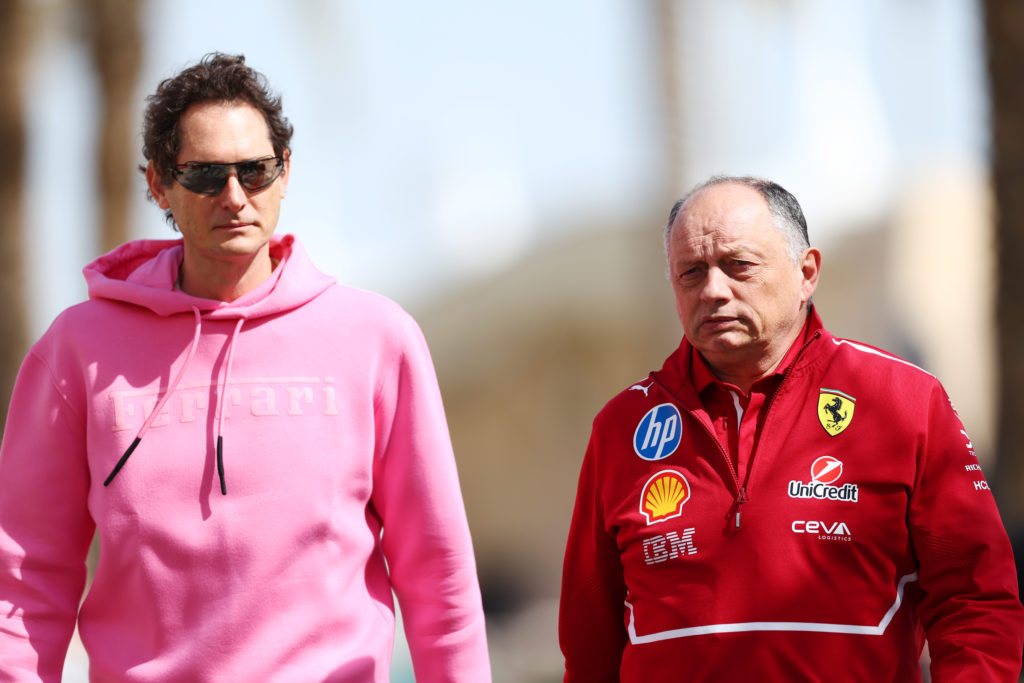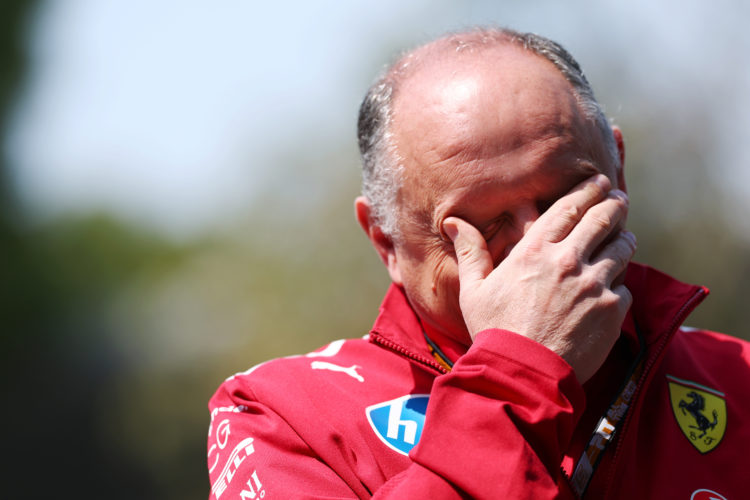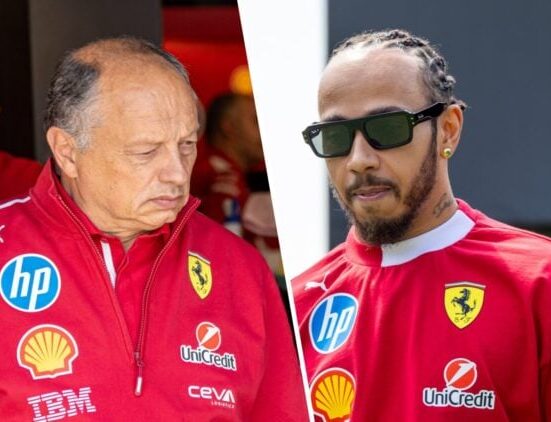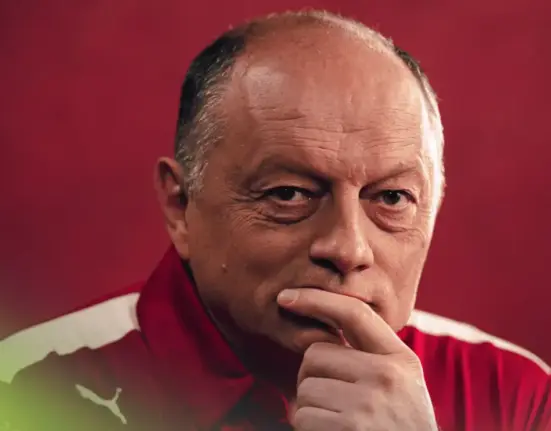The future of Formula 1 and its relationship with the Formula One Group and the FIA – the sport’s governing body – is dictated by a contract called the Concorde Agreement.
First created in 1981, the Concorde Agreement is signed by every Formula 1 team and decides many different aspects of the sport.
This ranges from the number of events allowed in a calendar year, to how the prize money is split between the teams and even how many manufacturers are allowed to take part in F1 at any one time.
The latest Concorde Agreement was signed in 2021 and ends at the conclusion of this season, meaning a new deal has to be drawn up.
It was announced at the Australian Grand Prix that the teams had agreed the terms of the ninth Concorde Agreement with Cadillac’s entry free one of the topics discussed.
However, the FIA are yet to put pen to paper on the new deal with discussions still ongoing between the two parties.
F1 has seen a boom in interest in the past few years but Ferrari may somehow be the team that loses out within the new agreement due to how the prize money is set to be split up.
READ MORE: One Formula 1 team’s existence could be threatened under next Concorde Agreement

Ferrari earning in latest Concorde Agreement ‘capped’ after Bernie Ecclestone’s favourable terms
Journalist Jon Noble was talking about the new Concorde Agreement on The Race F1 Podcast and how where the money was once split 10 ways, it’ll soon be split 11 with the introduction of Cadillac.
They will have to pay a $450m [£346m] ‘anti-dilution’ fee to make up for the other team’s short-term losses.
He then went on to describe the specifics of the deal and said: “Before this current Concorde Agreement, I think it was much more weighted towards the front.
“Ferrari do retain their bonus, it was 5%, but there were incremental steps or escalators, I understand, in the current Concorde, the next one I understand it’s been capped, so it will stay at 5%.
“And then there’s also, I understand, complications that it doesn’t go to the F1 team, it goes to the parent company and can’t be used for Formula 1.
“But somewhere in the coffers of Ferrari, they get 5%.
“And it used to be, the previous Concorde had this constructors’ championship bonus situation, which heavily weighted towards McLaren, Red Bull, Mercedes, even Williams at the time.
“But that was done as Bernie was picking teams off to try and get them to sign up, giving them big cash bonuses.
“So, that skewed the earnings much more towards the front. Since 2021, we’ve had a much fairer system. It’s like a point system, three, two, one, for your top three in the constructors.
“So, you do get rewarded for previous success, it is worth a decent chunk of money, but I think it is important that if you do bring success in Formula 1, it’s a meritocracy, you should get the reward for it.”
READ MORE: All you need to know about Scuderia Ferrari from team principal to factory
Ferrari hold a unique power among F1 teams within the current Concorde Agreement
The importance of Ferrari to Formula 1 has been clear throughout the sport’s history and explains why Bernie Ecclestone was so keen to keep them happy in the past.
Now, although they still receive preferential treatment, their earnings will be capped which might have to be taken into consideration in the future.
Ferrari uniquely have the power to veto any decision made within the Concorde Agreement, a right they were awarded back in 1980.
At the time, former chairman Louis Camilleri said in an interview with the Financial Times: “We have retained the veto rights and those are critical not just for Ferrari but for F1 as well.
“Will we ever use it? I doubt it. [But] just the fact of having it, does it get people’s attention? I think so. It’s something I think is important.
“Some of the teams think it’s anachronistic and shouldn’t be there but on the other hand some think it’s a good idea to have an ‘adult’ in the room.”
It’s unclear whether the latest Concorde Agreement will see Ferrari finally lose their vetoing powers.
They last used their veto back in 2015 to block the introduction of a maximum price for engines and gearboxes.










Leave feedback about this